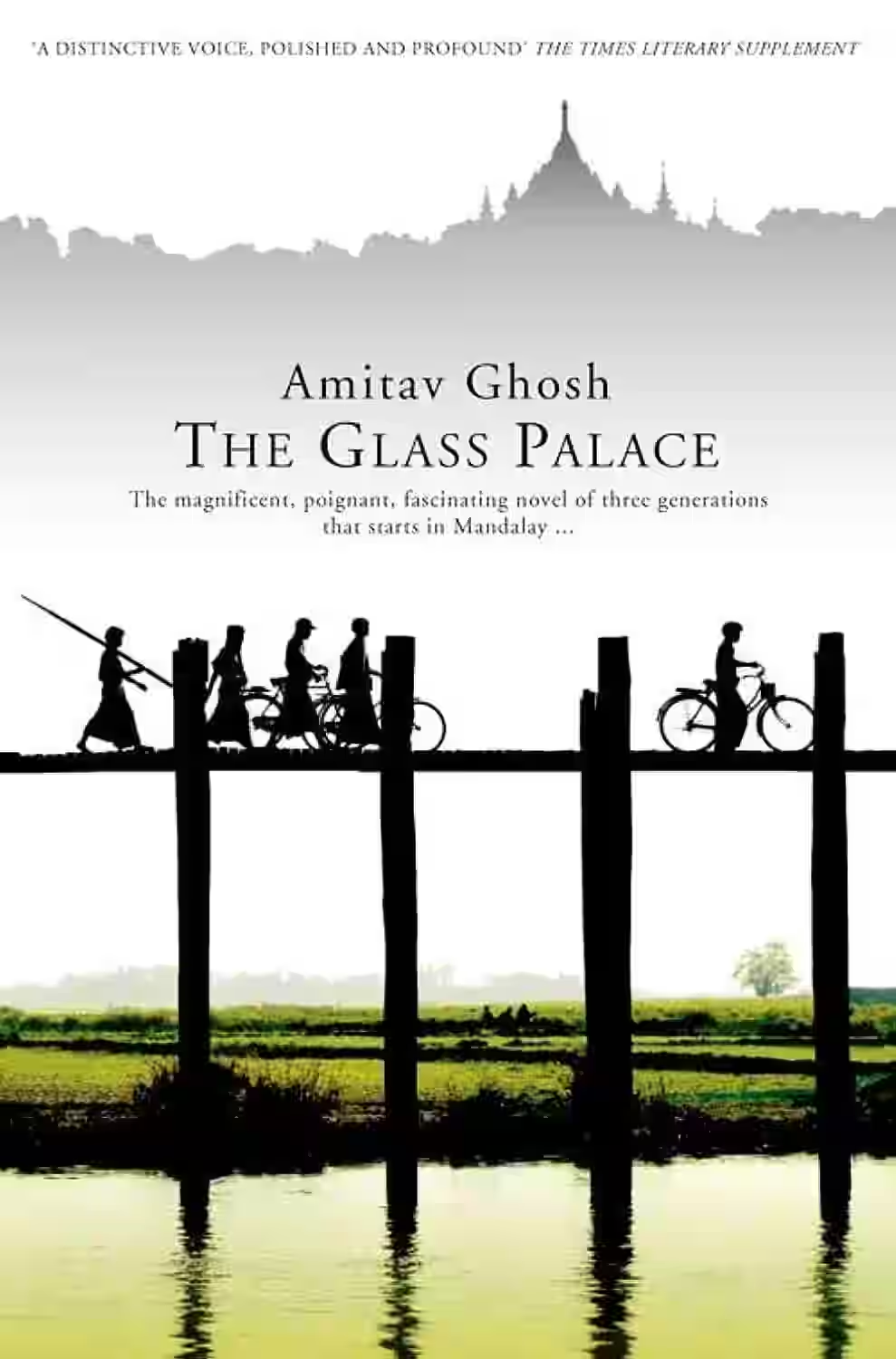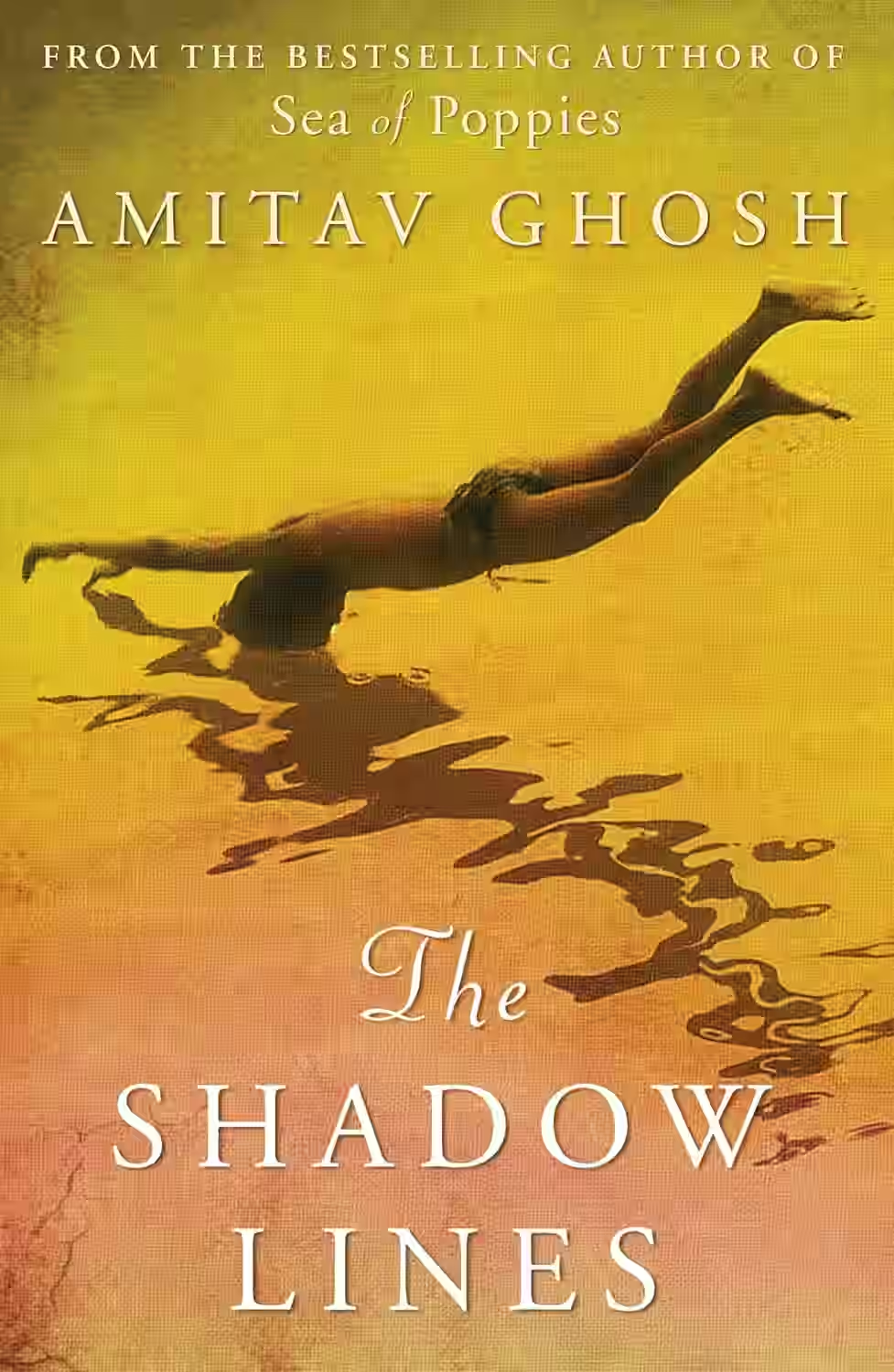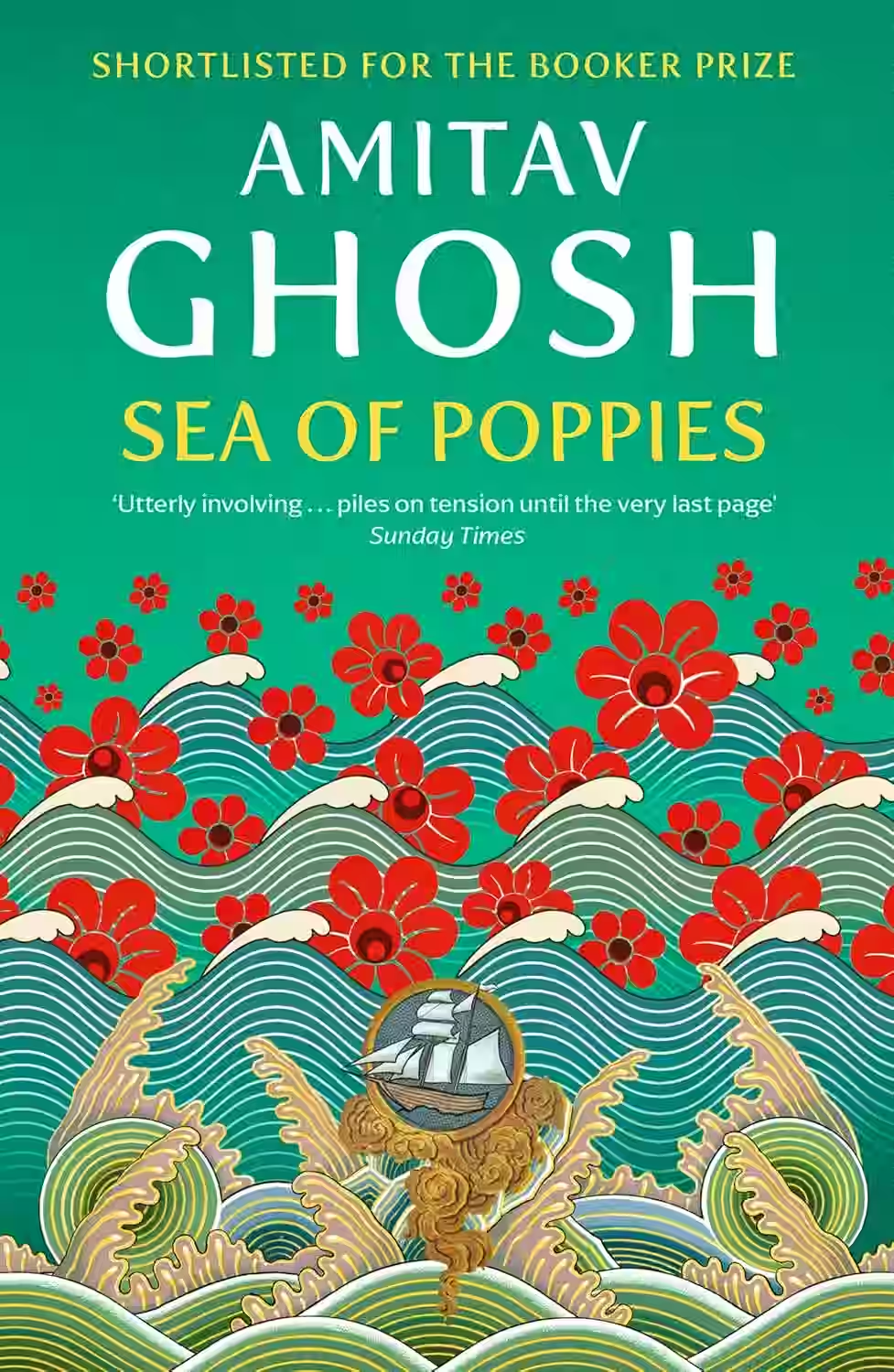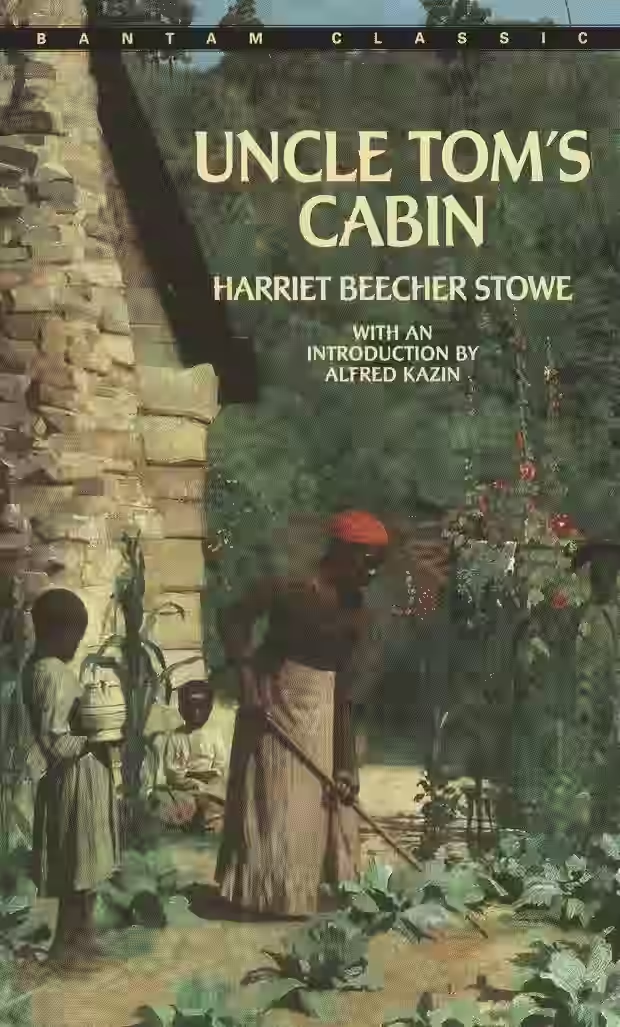
Rajkumar is only another boy, helping on a market stall in the dusty square outside the royal palace, when the British force the Burmese King, Queen and all the Court into exile. He is rescued by the far-seeing Chinese merchant, and with him builds up a logging business in upper Burma. But haunted by his vision of the Royal Family, he journeys to the obscure town in India where they have been exiled. The story follows the fortunes – rubber estates in Malaya, businesses in Singapore, estates in Burma – which Rajkumar, with his Chinese, British and Burmese relations, friends and associates, builds up – from 1870 through the Second World War to the scattering of the extended family to New York and Thailand, London and Hong Kong in the post-war years.
About Amitav Ghosh
An Indian author known for his historical fiction that often explores themes of colonialism, migration, and the interconnectedness of cultures around the Indian Ocean. His meticulously researched novels, such as The Ibis Trilogy, weave together personal narratives with grand historical events, offering profound insights into the complexities of global history and human experience. Ghosh's rich storytelling and historical scope have earned him international recognition.
Other Books by Amitav Ghosh

The Shadow Lines
by Amitav Ghosh
A wide-eyed boy growing up in suburban Calcutta in the 1960s experiences the world through the eyes of others - an intoxicating older cousin, a grandmother who weaves stories from the past and a family in London whose lives are intertwined with his. When a seemingly random act of violence threatens his vision of the world, he begins piecing together events for himself, and in the process unravels secrets with devastating consequences. Set in Calcutta and London and spanning generations from the outbreak of the Second World War to the late twentieth century, The Shadow Lines is a haunting novel from one of the world's greatest writers.

River of Smoke
by Amitav Ghosh
Series: The Ibis Trilogy (#2)
The second book in Amitav Ghosh’s Ibis Trilogy, River of Smoke takes readers to 19th-century Canton, on the cusp of the Opium Wars. As East meets West in a bustling trading port, merchants, smugglers, and exiles navigate political intrigue and cultural clashes. The novel weaves multiple storylines—from botanical explorers to opium traders—shedding light on colonialism, global trade, and resistance. Rich in historical detail and multilingual voices, Ghosh paints a vivid portrait of a world on the edge of upheaval.

Sea of Poppies
by Amitav Ghosh
Series: The Ibis Trilogy (#1)
Amitav Ghosh’s Sea of Poppies is the first novel in the Ibis Trilogy, set in the lead-up to the First Opium War. It follows a diverse cast—peasants, coolies, convicts, and colonizers—whose lives converge aboard the Ibis, a ship bound for Mauritius. The novel explores themes of colonialism, caste, identity, and globalization, set against the opium trade in 19th-century India. Written in a polyphonic style with rich linguistic texture, it is a sweeping historical epic that combines political insight with human drama.
Similar Books

The Count of Monte Cristo
The epic tale of wrongful imprisonment, adventure and revenge, in its definitive translation Thrown in prison for a crime he has not committed, Edmond Dantès is confined to the grim fortress of If. There he learns of a great hoard of treasure hidden on the Isle of Monte Cristo and he becomes determined not only to escape, but also to use the treasure to plot the destruction of the three men responsible for his incarceration. Dumas’ epic tale of suffering and retribution, inspired by a real-life case of wrongful imprisonment, was a huge popular success when it was first serialized in the 1840s.

Uncle Tom’s Cabin
A landmark anti-slavery novel, Uncle Tom’s Cabin tells the story of enslaved man Tom and the brutal realities of slavery in 19th-century America. With vivid characters and emotional power, it galvanized abolitionist movements and shaped public opinion like no other book of its time. Though controversial for its portrayals today, it remains a pivotal work in American literature and history, sparking empathy and national debate.

Blood Meridian
Blood Meridian is an epic novel of the violence and depravity that attended America's westward expansion, brilliantly subverting the conventions of the Western novel and the mythology of the Wild West. Based on historical events that took place on the Texas-Mexico border in the 1850s, it traces the fortunes of the Kid, a fourteen-year-old Tennesseean who stumbles into a nightmarish world where Indians are being murdered and the market for their scalps is thriving.

East of Eden
Set in the rich farmland of the Salinas Valley, California, this powerful, often brutal novel, follows the interwined destinies of two families - the Trasks and the Hamiltons - whose generations hopelessly re-enact the fall of Adam and Eve and the poisonous rivalry of Cain and Abel. Here Steinbeck created some of his most memorable characters and explored his most enduring themes- the mystery of indentity; the inexplicability of love, and the murderous consequences of love's absence.